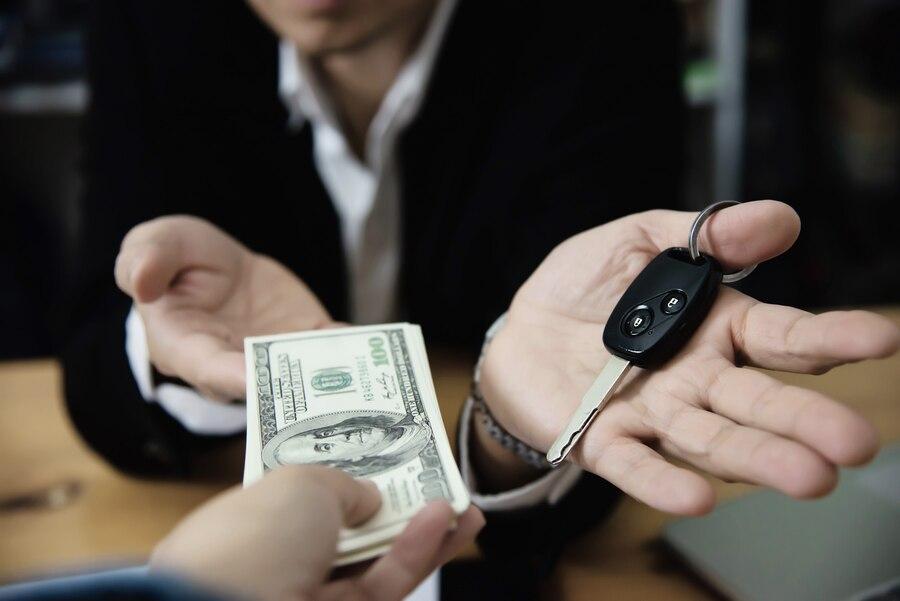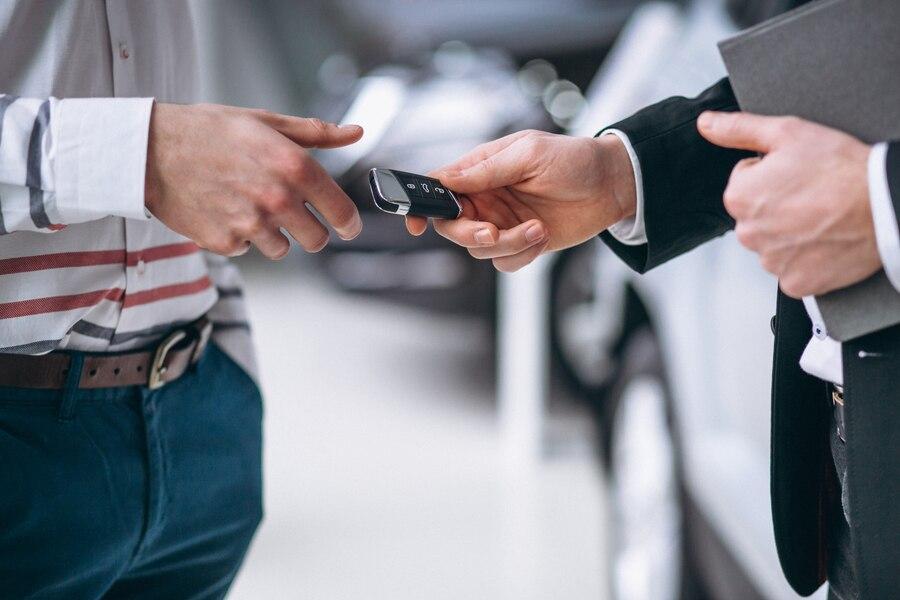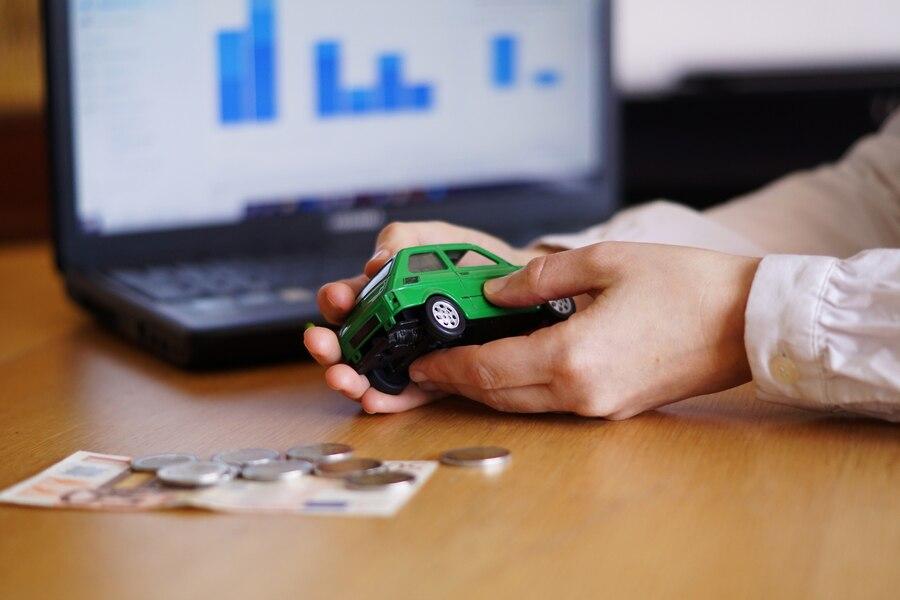Buying a car is a responsible step that requires attention and caution. This is especially true when it comes to deals on the secondary market. Fraud in the sale of used cars has become a widespread practice, and every year thousands of people fall into traps set by scammers.
Fraud in car sales
The situation in the used car market requires buyers to be vigilant and aware of possible risks. Fraud in this area can take many forms: from document forgery to deception at car markets. It is important to understand the sophisticated schemes used by scammers to avoid falling into their clutches.
Fraud in car sales
Fraud begins with the first steps in the car buying process. Often, to attract potential buyers, criminals post ads with attractive prices on cars. However, such offers may turn out to be an illusion created to lure buyers.
The most common method of deception is the use of fake photos or old ads to create the impression of a low price on a high-quality car.
Scams on car websites
The internet has become an important tool for buying and selling cars. However, with the increasing popularity of online car sales platforms, scammers have begun to use this to their advantage. On car websites, you can find many ads for cars at enticing prices, but it is important to understand that many of them may be associated with fraud.
Often, scammers create fake websites or use fake profiles on popular platforms. They may claim that the car is in another city and are ready to send it to the buyer if they immediately transfer a down payment. After receiving the money, the owners of the «car» disappear, leaving the victim with nothing.
There are also more subtle schemes when scammers offer to pay for car transportation or document processing, knowingly understanding that this is just a way to extort money.

Fake car documents
Another common problem faced by buyers is fake car documents. Scammers may provide fake registration certificates, technical condition reports, and even historical data about the car.
When buying a used car, it is important to verify the authenticity of all documents. First of all, you need to check the car's VIN number against the data specified in the documents. It is also advisable to contact the traffic police to check the car's history, as the number can reveal any restrictions and debts.
Additionally, there are organizations that offer a service to check the legal purity of the car.
Scams with used cars
Used car scams can manifest in various schemes. One of the most well-known is the so-called «withdrawal from circulation» scheme. Scammers may offer a stolen car and deceive the buyer by showing it with documents.
After purchasing the car, the new owner may find that they cannot register it, as the original owner has already reported it stolen. In this situation, the scammers have already disappeared, leaving the victim with a car that cannot be legally used.
Another scheme involves the so-called «multi-million scams». Scammers may pose as reputable companies, offering cars at prices significantly below market value. Victims, trusting the company, transfer money, and then simply cannot see the car or receive the goods.

Scammers at car markets
In addition to online platforms, fraud is also widespread at car markets. Here buyers often encounter professional scammers who know all the intricacies of «trading» with people. They may pose as individual sellers, offering you a car that looks great and has all the necessary documents.
But it is worth paying attention to the details. Often at such markets, cars that have undergone serious accidents are offered. Scammers may hide these moments and even forge documents to mislead the buyer.
At markets, situations with speculations may also occur, where a car put up for sale is actually already sold to another person. This is done to receive a down payment from several buyers for the same car. Therefore, it is also advisable to be cautious when inspecting a car at markets and seek specialized diagnostics before making a purchase decision.

How not to fall for car scams
By following some simple recommendations, you can significantly reduce the risk of falling victim to scammers. First of all, try to follow the recommendations of professionals. Know that the basic safety rules include:
- Always inspect the car. Try to inspect it in the presence of a specialist who can give you their assessment.
- Use only trusted sources for finding cars. If possible, refer to private ads or broker services.
- Do not rush to buy. Scammers may push your desire to buy quickly, convincing you that the offer will «fly» into other hands.
- Check the documents. Request the full history of the car and verify the legitimacy of all provided documents.
- Be aware of safety advice. Study different fraud schemes to know what to look out for.
- One of the important factors is also the use of secure payment methods. It is best to avoid full prepayments and agree to trials with partial payment.

Scam when buying a car
Scam when buying a car is not just a phrase, but a real threat to buyers. Therefore, it is important to know the main typical scam schemes to avoid falling for scammers' tricks. This may include document forgery, hiding technical defects, inflated car mileage, and other cunning methods.
In addition, try to avoid people who evade providing information about their assets and high prices for cars that look too good. As a rule, the more attractive the offer, the higher the likelihood of fraud.
Buying a car on the secondary market requires special attention and caution. Scammers use various schemes to deceive gullible buyers, ranging from document forgery to manipulations at car markets.


